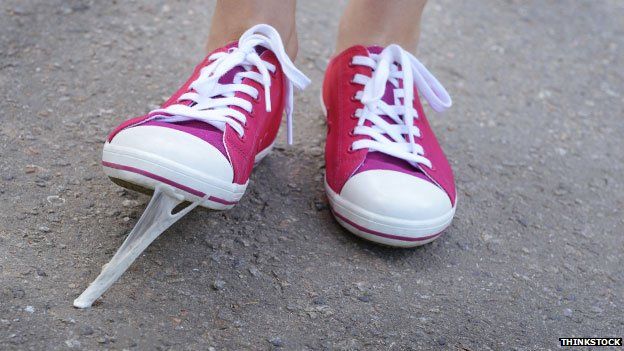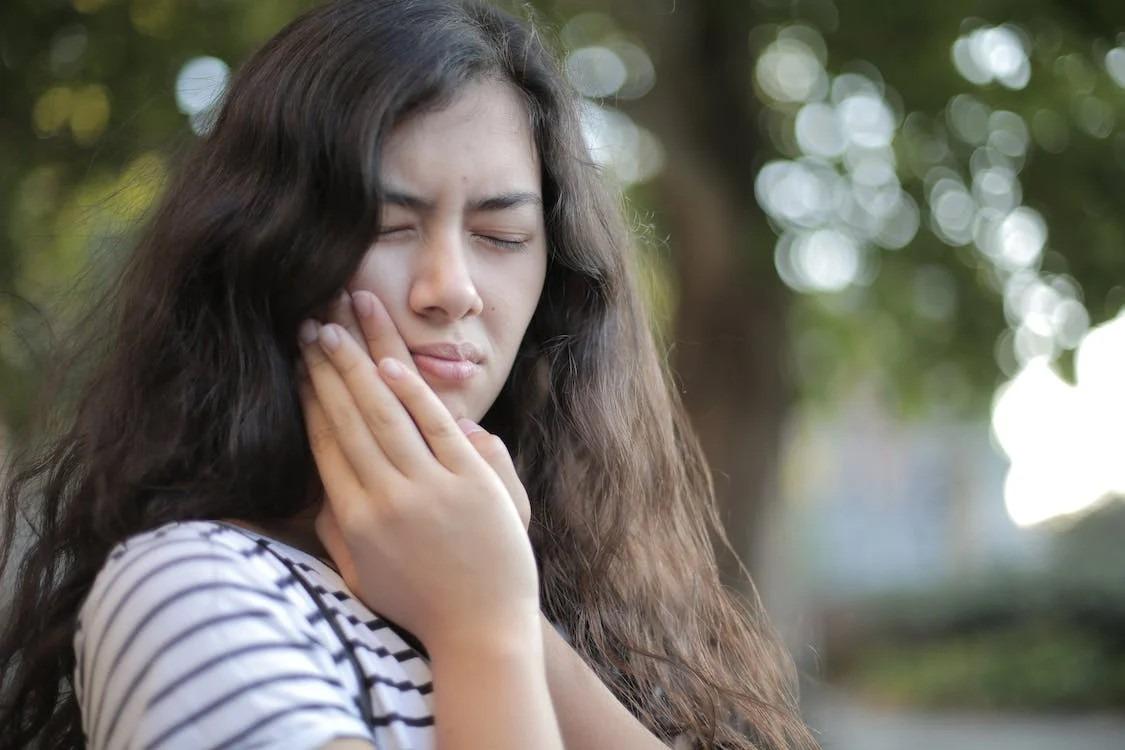This article was brought to you by Must Share Good Things. Check us out and follow us on our Tiktok, Facebook, Instagram or Telegram for more content!
–
The idea of banning chewing gum were first raised in 1983 by then Minister for Foreign Affairs and Culture S. Dhanabalan. In the 1980s, before the ban came into effect on 3 January 1992, the government had already implemented some controls over the sale of chewing gum.
Laws regarding chewing gum
The Singapore Government levied heavy fines of USD 100,000 or a prison sentence of up to two years against those who were found selling it. The Singapore chewing gum penalty is very similar to the littering fines, where you get fined USD 500 – USD 1000 on the first offence, and USD 2000 for the repeat offenders.

According to BBC, it has always been legal to bring small amounts into the country for one’s own use. Besides, not all gums are illegal in Singapore: Since 2004 – as a result of the US-Singapore Free Trade Agreement – pharmacists and dentists have also been allowed to sell “therapeutic” gum, to customers with a medical prescription. This includes standard sugar-free gum.
Why is gum banned in Singapore?

The chewing gum ban was implemented to eradicate problems created by chewing-gum litter in public places like cinemas, parks and common areas of housing estates such as lifts, staircases and corridors, as well as the high costs involved to clean up the litter. Before the ban was enforced, there had been many instances in which vandals stuck chewing gum on door sensors of MRT trains, which prevented the doors from functioning properly and causing disruptions in train services.
Furthermore, the ban is also to ensure the cleanliness of the city, which includes laws against littering, graffiti and spitting. For years, the Housing Development Board had reportedly been spending S$150,000 annually to tidy up gum that had been disposed of on sidewalks, in keyholes, around housing estates and even on the seats of public transportation.

Besides, chewing gum may not be so healthy for us anyways. Chewing gum can lead to tooth decay and erosion, especially when sweetened with sugar. When you chew sugar-sweetened gum, you are essentially bathing your teeth and gums in a bath of sugar for a sustained period of time. So, I think maybe it may not necessarily be a bad idea to ban gum in Singapore.
What do you think? Do you think that banning chewing gum in Singapore was a good move?
–
Since you have made it to the end of the article, follow Wake Up Singapore on Telegram!





